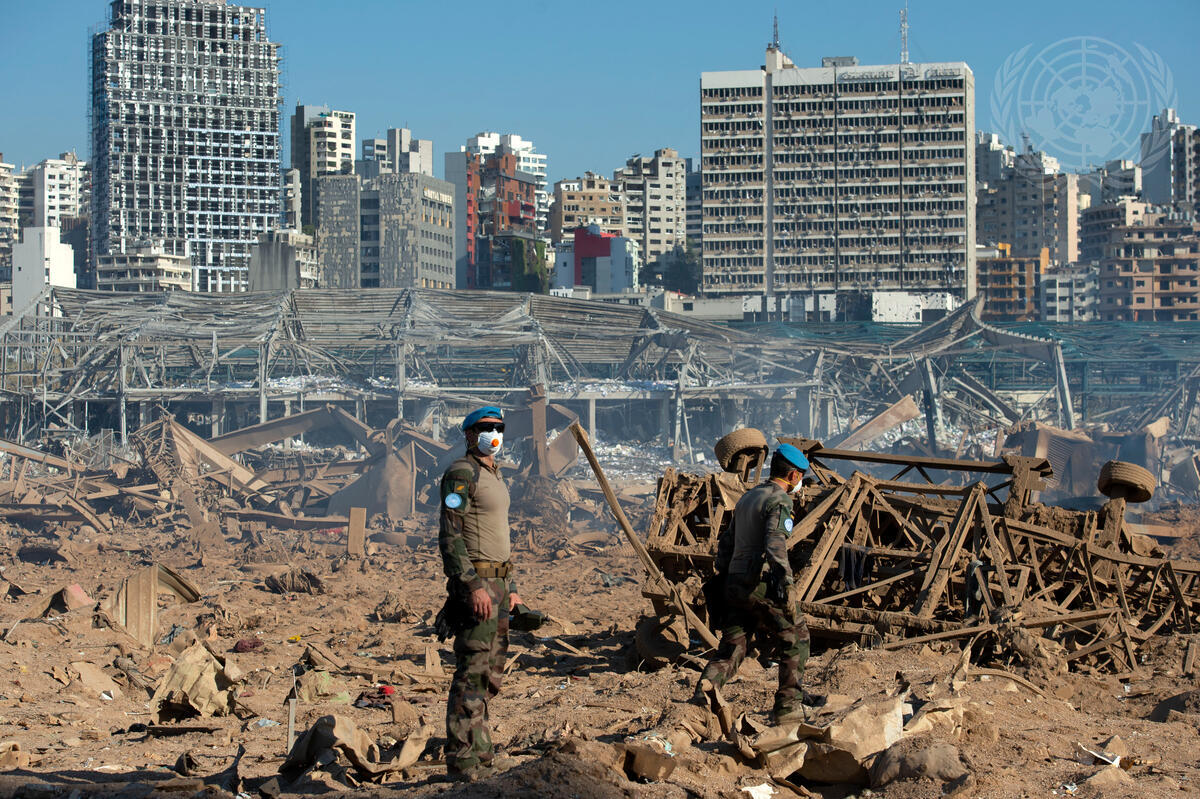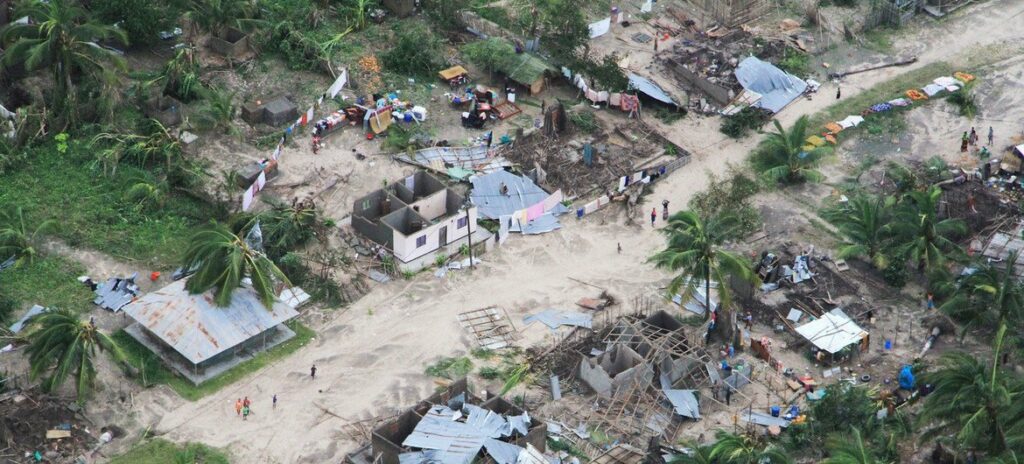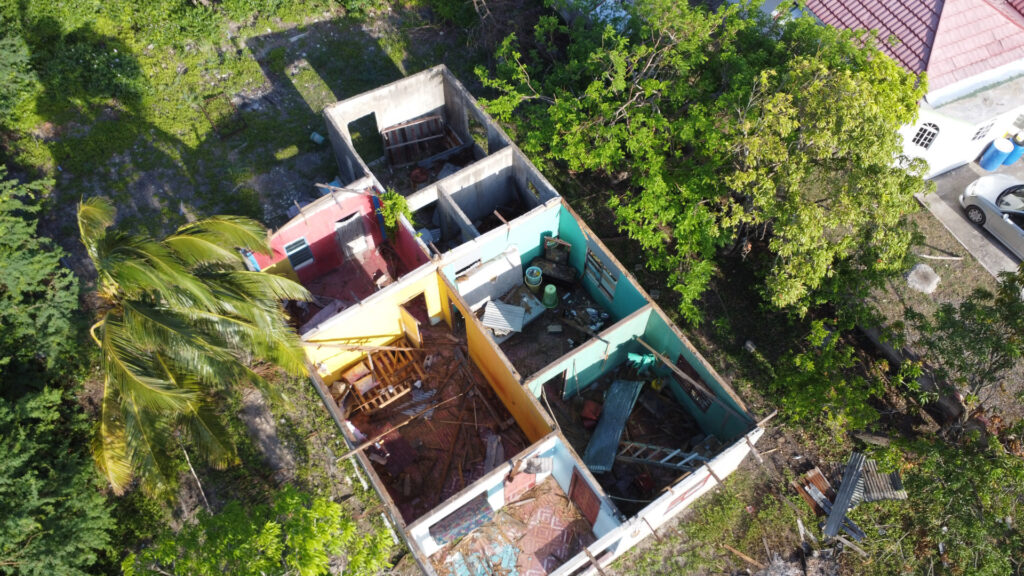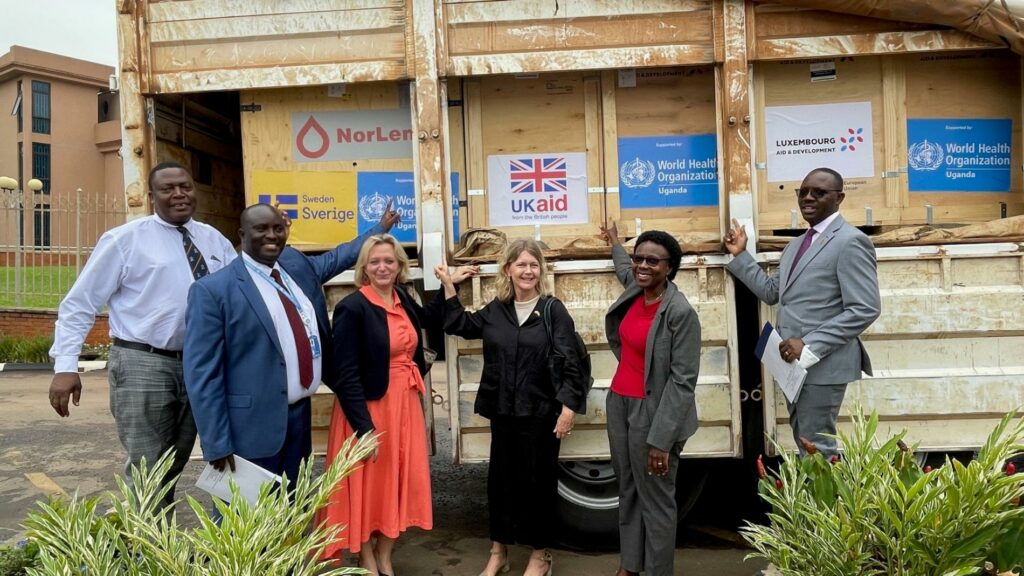On 4 August 2020, a massive explosion occurred at the Beirut Port in Lebanon, caused by the detonation of approximately 2,750 tons of ammonium nitrate stored improperly in a warehouse. The explosion caused widespread destruction across the city, killing at least 200 people, injuring over 6,000, and displacing around 300,000 individuals. The blast severely damaged homes, infrastructure, and essential services, exacerbating an already fragile humanitarian situation in Lebanon.
In response to the disaster, OCHA activated the United Nations Disaster Assessment and Coordination (UNDAC) team to support the Lebanese government and humanitarian agencies. The International Humanitarian Partnership (IHP) was also activated to assist the UNDAC team, with the Swedish Civil Contingencies Agency (MSB) playing a leading role. MSB provided critical coordination support to the UNDAC team, helping to facilitate the overall response, manage logistics, and streamline communication between humanitarian actors. IHP’s contribution was instrumental in ensuring an efficient and coordinated international response, supporting the relief efforts in the wake of one of Lebanon’s most devastating tragedies.
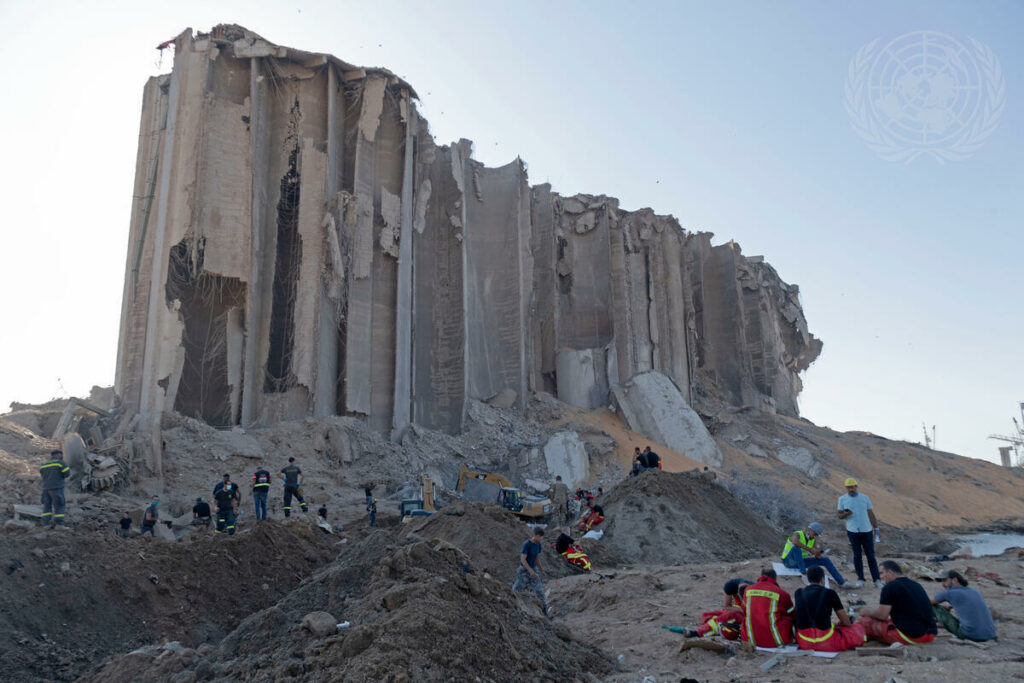
Cover Photo Credit: UN Photo/Pasqual Gorriz
